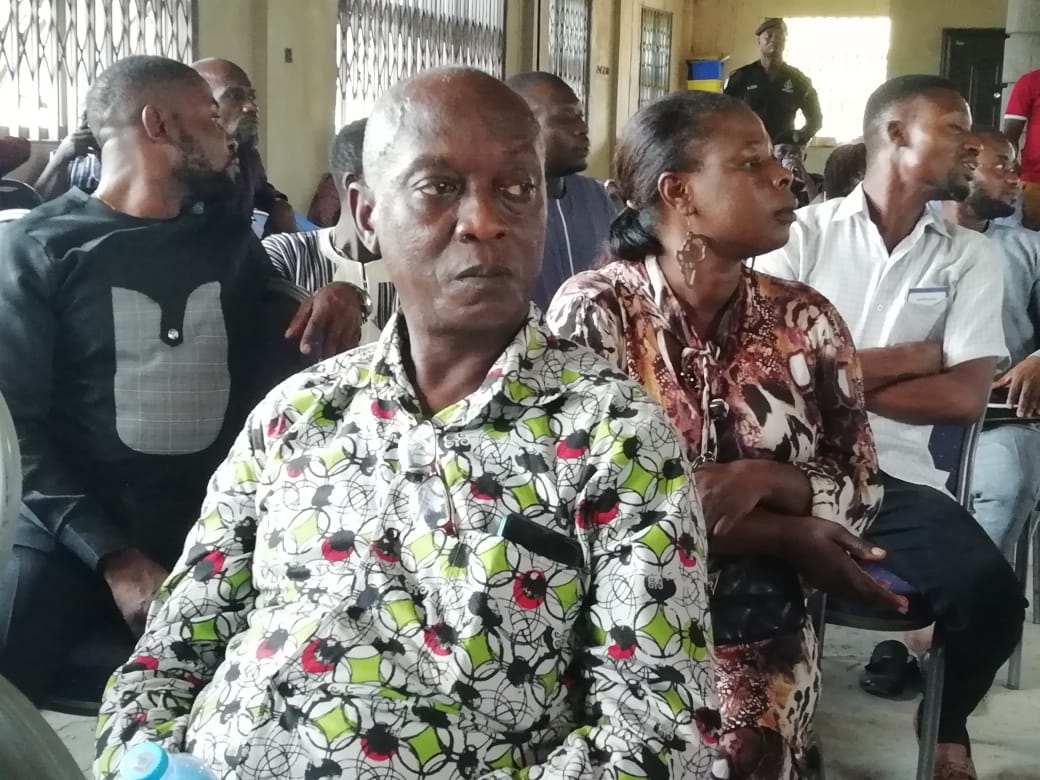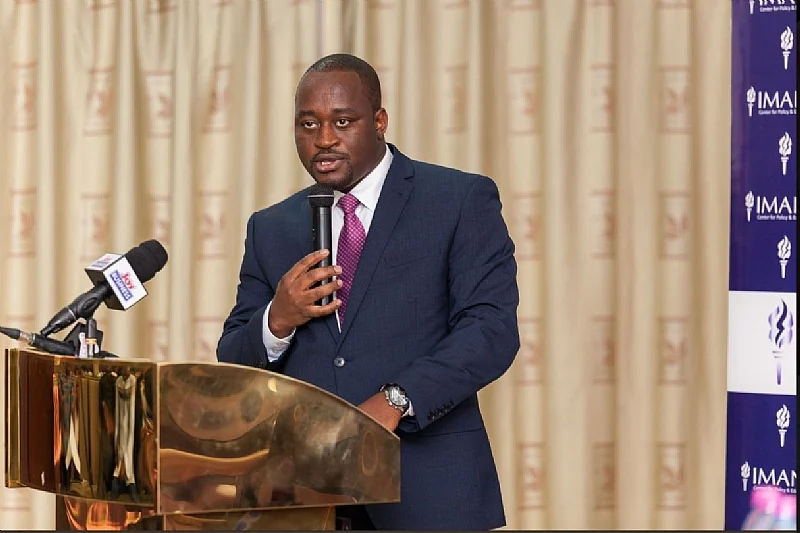
Revenue mobilization remains a significant challenge for the Electricity Company of Ghana (ECG), affecting its operational sustainability and ability to provide reliable electricity services. While ECG has explored various approaches—including prepaid metering, customer engagement, and technological solutions—persistent issues such as electricity theft, illegal connections, and customer delinquency continue to undermine efforts to boost revenue collection.
A strategic intervention worth considering is the engagement of Assembly Members in ECG’s revenue mobilization efforts through performance-based incentives. Assembly Members are deeply embedded in their communities, wielding influence and credibility that can facilitate effective consumer sensitization, discourage power theft, and enhance voluntary compliance. By involving them in revenue collection efforts, ECG could tap into local governance structures to improve its financial performance while fostering stronger community participation in electricity management.
The Role of Assembly Members in Local Governance
Assembly Members are elected representatives of their local communities and serve as a bridge between the people and government institutions. Their roles include sensitizing their communities on government policies and initiatives,resolving local disputes, overseeing community development projects, ensuring adherence to local governance regulations.
Given their strong community presence and trust, Assembly Members are well-positioned to support ECG in fostering a culture of timely bill payment and discouraging illegal power connections.
How Assembly Members Can Support ECG’s Revenue Mobilization
1. Consumer Sensitization and Awareness Campaigns
Many electricity consumers either lack awareness of the importance of timely bill payments or fail to appreciate the consequences of non-compliance. Assembly Members can lead community education campaigns to enlighten customers about the financial impact of unpaid bills on ECG’s operations and service delivery, the legal repercussions of electricity theft and illegal connections, the benefits of consistent payment, including improved service reliability.
Through town hall meetings, community radio engagements, and local gatherings, Assembly Members can actively promote responsible electricity usage and bill payment.
2. Community-Based Revenue Mobilization Efforts
Assembly Members can be incentivized to monitor electricity bill payments within their electoral areas and encourage compliance. This can take the form of:
* Reward-based incentive schemes, where Assembly Members who help increase revenue collection in their communities receive financial rewards or development support for their constituencies
* Engaging local opinion leaders and traditional authorities to reinforce the importance of prompt payment
* Facilitating installment payment arrangements for financially constrained customers, ensuring partial revenue inflows rather than outright defaults
3. Deterrence Against Illegal Connections and Power Theft
Illegal connections and meter tampering are among the leading causes of commercial losses in Ghana’s power sector. Assembly Members, through their routine community patrols and local influence, can act as whistleblowers against power theft. Their active presence and close relationship with residents can discourage unauthorized connections by increasing the likelihood of detection, assist ECG in identifying and reporting cases of electricity theft and strengthen cooperation between ECG, local authorities, and law enforcement agencies.
4. Community-Led Monitoring and Inspection Teams
ECG could introduce Community Electricity Monitoring Teams, where selected Assembly Members and trusted community representatives work with ECG officials to monitor power usage and ensure compliance. Such teams can conduct periodic inspections of electricity connections, identify and report faulty meters to prevent revenue leakages and act as liaisons between ECG and residents, resolving disputes before they escalate
Potential Challenges and Mitigation Strategies
While the idea of engaging Assembly Members in ECG’s revenue mobilization has merits, some challenges must be addressed:
* Conflict of Interest: Some Assembly Members may be hesitant to enforce strict payment compliance for fear of losing political support. ECG must establish clear guidelines, emphasizing non-political, performance-based engagements.
* Corruption and Favoritism: To prevent abuse, the incentive structure should be transparent and performance-driven, ensuring only verifiable improvements in revenue collection are rewarded.
* Resistance from ECG Staff: Some ECG officials may view this as a threat to their roles. The company must clarify that Assembly Members are supporting, not replacing, ECG field officers.
Case Studies and International Precedents
Similar community-based revenue collection strategies have been implemented successfully in other countries:
* Nigeria: The Ikeja Electricity Distribution Company in Lagos introduced a Community Engagement Strategy, leveraging local leaders to improve bill payments and reduce illegal connections.
* Tanzania: The national utility, TANESCO, partnered with village councils to sensitize rural customers on bill payments, significantly reducing revenue losses.
* Kenya: Kenya Power has engaged local chiefs and community elders to monitor electricity usage, resulting in improved collections and reduced energy theft.
These case studies demonstrate that integrating community leaders into electricity management can yield positive financial and operational outcomes.
Policy Recommendations
ECG must continuously explore innovative, community-driven strategies to enhance revenue mobilization and minimize losses. By engaging Assembly Members in performance-based revenue collection initiatives, ECG can increase consumer awareness and encourage voluntary compliance, reduce illegal connections and electricity theft, strengthen relationships between ECG and local communities.
To implement this effectively, ECG should pilot the initiative in selected municipalities before a nationwide rollout, develop a clear incentive structure to motivate Assembly Members, provide training and sensitization to ensure proper execution and establish a transparent monitoring and reporting framework to track progress.
By leveraging the grassroots influence and community trust of Assembly Members, ECG can significantly improve its revenue collection while fostering a culture of responsible electricity consumption across Ghana.
The post Leverage Assembly Members for improved revenue collection at ECG – Dr. Elikplim Apetorgbor first appeared on 3News.
Read Full Story















Facebook
Twitter
Pinterest
Instagram
Google+
YouTube
LinkedIn
RSS